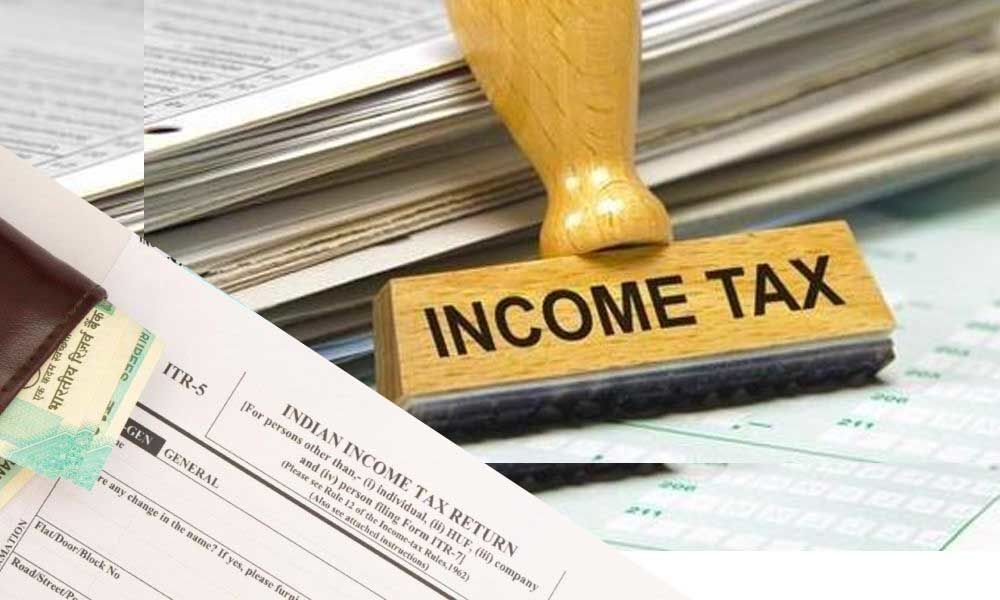Tax season can be a stressful time for individuals and small business owners alike. With so many rules and regulations to navigate, it’s easy to make mistakes that could cost you money or even trigger an audit. In this guide, we’ll go over some common tax mistakes and how to avoid them.
1. Failing to Keep Accurate Records

One of the biggest mistakes individuals and small business owners make is failing to keep accurate records. Good record-keeping is essential when it comes to filing your taxes. Without accurate records, you may miss deductions or credits that could save you money.
Make sure you keep track of all your receipts, invoices, and other documents related to your income and expenses. You can use software like QuickBooks or Excel to keep track of your records.
2. Not Taking Advantage of Deductions and Credits
Another common mistake is not taking advantage of deductions and credits that you’re eligible for. Deductions and credits can significantly reduce your tax liability, so it’s essential to know which ones you qualify for.
Some common deductions and credits include:
- Mortgage interest
- Charitable donations
- Education expenses
- Child tax credit
- Home office deduction
Make sure you do your research or consult with a tax professional to ensure you’re not missing out on any deductions or credits.
3. Filing Late or Not Filing at All
Filing your taxes late or not filing at all can have serious consequences. Not only will you face penalties and interest charges, but you could also face legal action from the IRS.
Make sure you file your taxes on time, even if you can’t pay the full amount owed. You can set up a payment plan with the IRS to pay off your taxes over time.
4. Mixing Business and Personal Expenses
If you’re a small business owner, it’s essential to keep your business and personal expenses separate. Mixing the two can make it difficult to track your expenses and could trigger an audit.
Make sure you have a separate bank account and credit card for your business expenses. This will make it easier to track your expenses and ensure you’re only claiming business-related deductions.
5. Not Seeking Professional Help
Tax rules and regulations can be complicated, especially for small business owners. If you’re unsure about anything related to your taxes, don’t hesitate to seek professional help.
A qualified tax professional can help you navigate the tax code, ensure you’re taking advantage of all deductions and credits, and help you avoid costly mistakes.
By avoiding these common tax mistakes, you can save yourself time, money, and stress during tax season. Make sure you keep accurate records, take advantage of deductions and credits, file your taxes on time, keep business and personal expenses separate, and seek professional help when needed.



